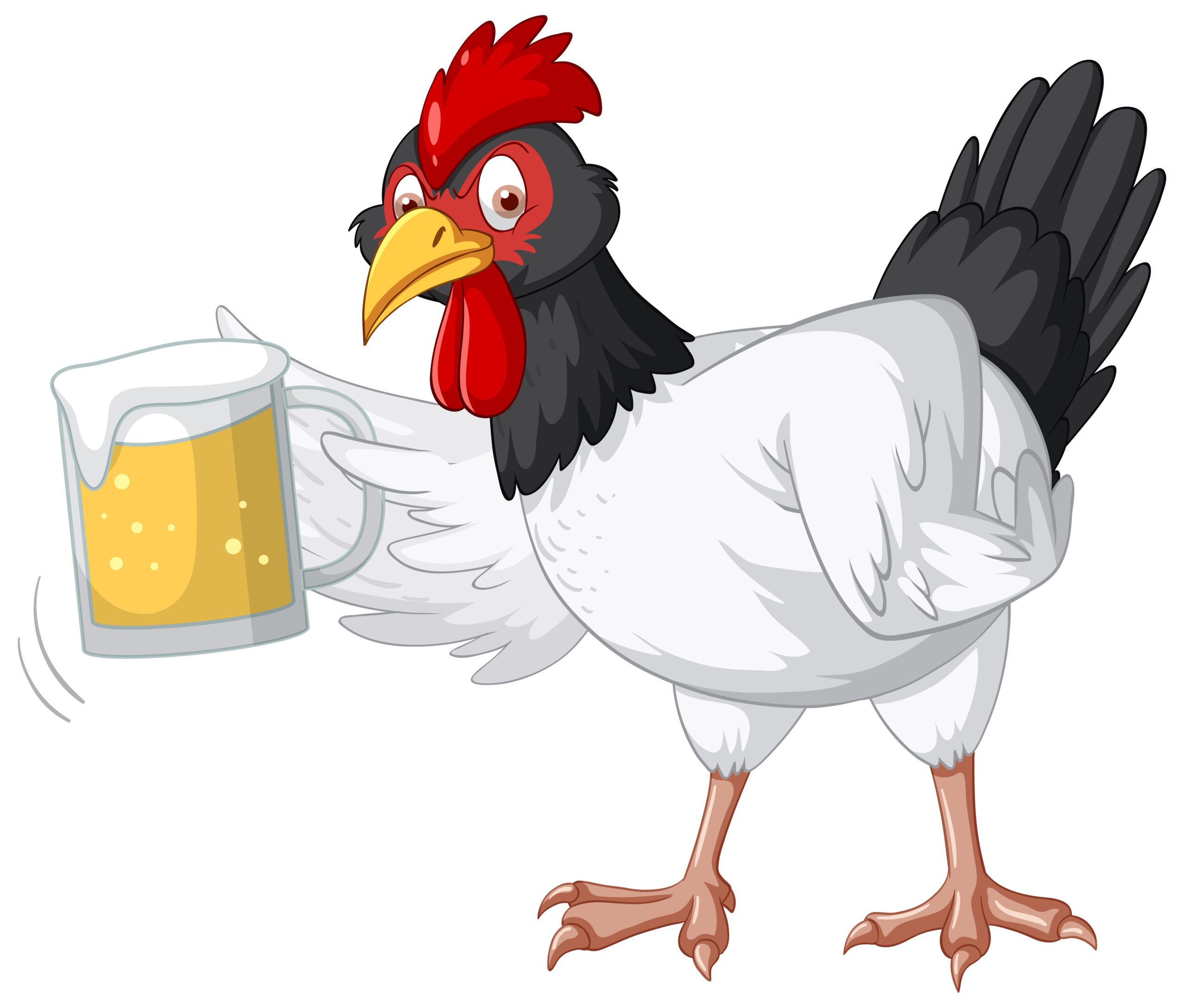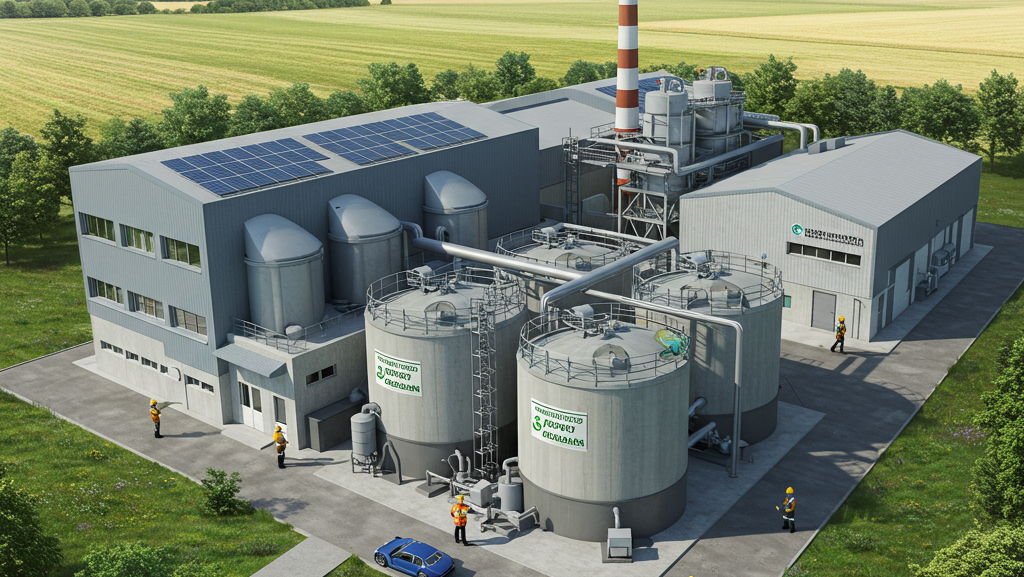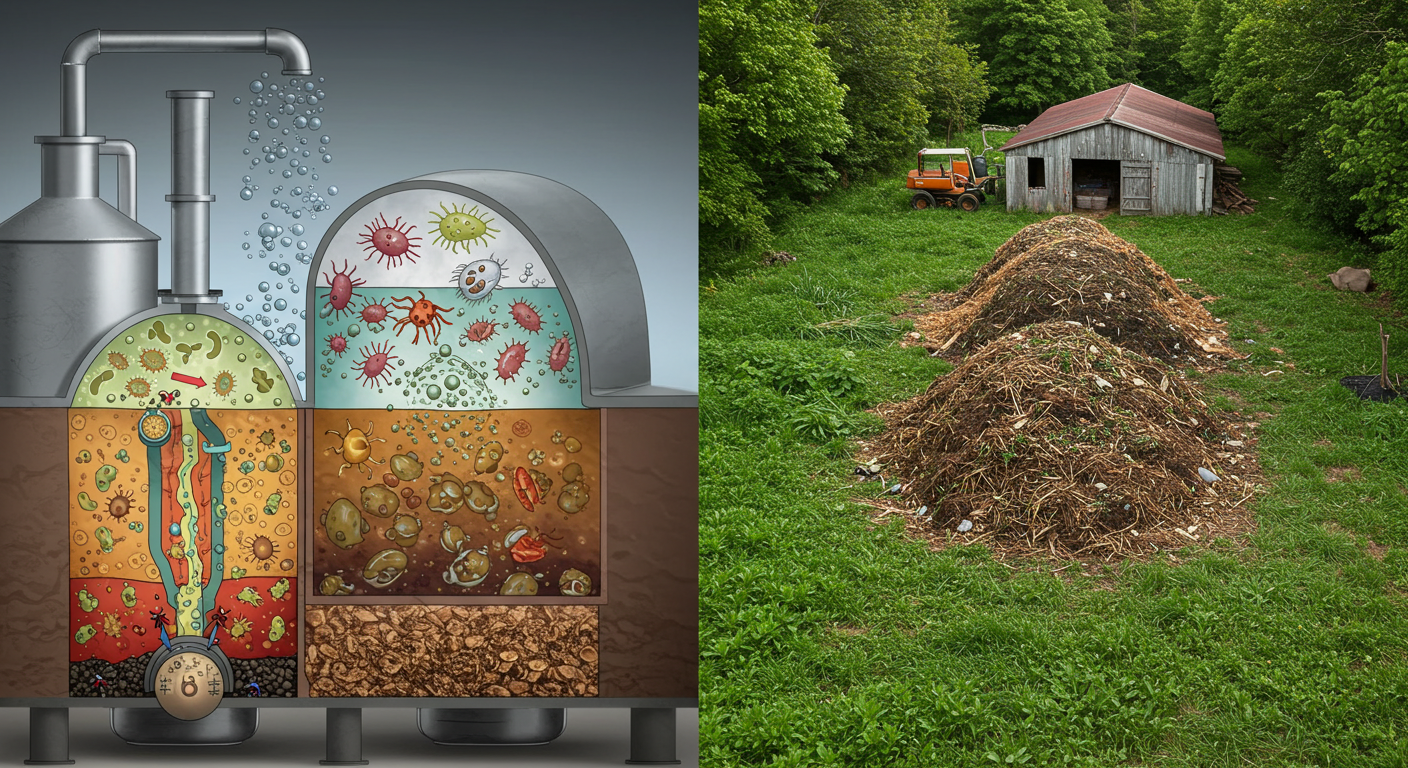Introduction to Sustainable Poultry Farming
Sustainable poultry farming is a vital part of modern agriculture that focuses on producing poultry in a way that is environmentally friendly, socially responsible, and economically viable. This approach not only addresses the growing demand for poultry products but also ensures minimal impact on the ecosystem. By implementing sustainable practices, farmers can contribute to a healthier environment while maintaining profitability.
Key Sustainable Practices
There are several sustainable poultry farming techniques that can be easily adopted. One effective method is rotational grazing, which allows poultry to forage on fresh pastures. This practice not only enhances the nutrition of the birds but also improves soil quality and promotes biodiversity. Additionally, integrating poultry with crops can lead to efficient waste management through natural fertilization, reducing dependency on chemical fertilizers.
Benefits of Sustainable Poultry Farming
The benefits of employing sustainable poultry farming techniques extend beyond environmental preservation. These methods enhance animal welfare, as they allow chickens and other poultry species to engage in natural behaviors. Furthermore, adopting sustainable practices often leads to improved product quality, giving consumers access to healthier, more nutritious meat and eggs. As demand for responsibly sourced poultry increases, farmers who implement these techniques can gain a competitive advantage in the market.





